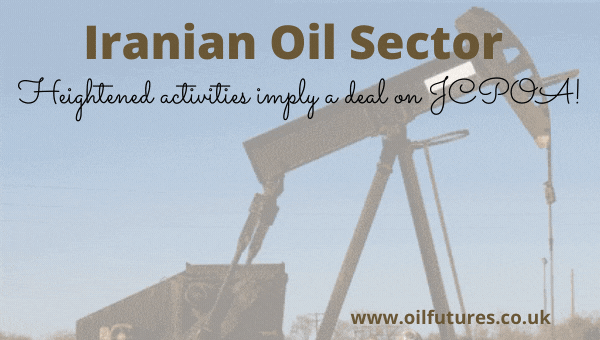With Goreh-Jask pipeline coming into operation on
Thursday, Hassan Rouhani, the outgoing Iranian president could not hide his
jubilation for the achievement.
Mr Rouhani said during the inauguration that it was
built purely by the indigenous talent, referring to the Iranian engineers,
architects and the technicians who were instrumental in bringing the project
into reality.
Iran says the new pipeline provides the country with
an alternative route for its oil exports; the Strat of Hormuz, which Iran has
been using for its oil exports for decades, is often a flash point, when
conflicts between Iran and the West, especially the United States, flares out.
The pipeline opens a new gateway to the Indian Ocean
for Iranian oil exports, according to the Iranian media; Iran hopes that it can
increase its daily exports from the current 300,000 bpd to 1 million bpd in the
near future – of course, if the sanctions no longer, exit.
The new pipeline was opened on a direct order from
the outgoing Iranian president.
Mr Rouhani, who tried hard to strike a deal with the
rest of the signatories of the JCPOA, 2015 Iranian nuclear deal, perhaps, may
have sensed that it would not happen during his second term in office; if it
was not the case, he would have left office on a merry note.
With less than a fortnight to go before the new
Iranian president takes office, it’s highly unlikely that the nuclear deal is
going to be revived by then.
In Iran, meanwhile, the prolonged drought has
resulted in unprecedented dissension among the inhabitants in the affected
regions; issues that stem from the lack of water for drinking have been further
exacerbated by the frequent power cuts; it can cast a bad omen on the new
administration.
In addition to the new pipeline, Mr Rouhani was
instrumental in opening more oil projects too on Thursday.
The momentum-build-up in the Iranian oil sector
implies that the new administration will be keen on reviving the deal on the
JCPOA; Iranians would not have spent billions of dollars, when the currency is
in short supply due to crippling Western sanctions, unless they can sell the
commodity in order to revive the economy.
In order to achieve the goal, however, Iran needs to
get the sanctions against it lifted, while keeping the confrontation with the
US at bay.
Analysts are watching the political developments in
Iran to gauge the early signs of a deal being struck, as any additional crude
oil output from Iran has the potential to skew the price firmly in customers’ favour.







